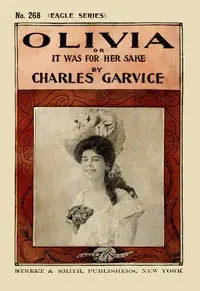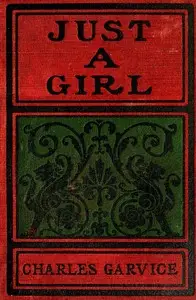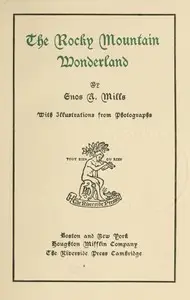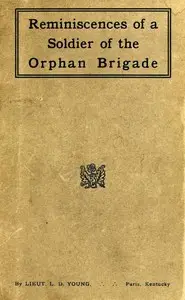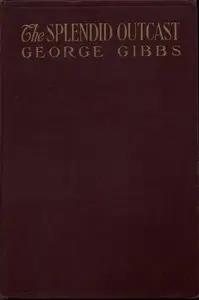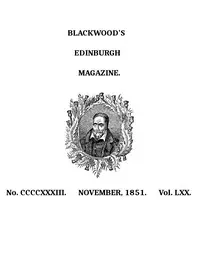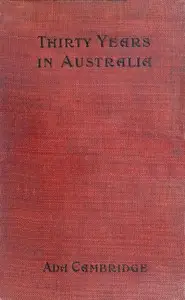"The Woman's Way" by Charles Garvice is a novel written in the early 20th century. The story follows Celia Grant, a young woman who has recently found herself in a challenging situation after the death of her father, leaving her alone and struggling to make ends meet. The narrative explores themes of social class, self-sufficiency, and the feminine experience of hardship." "At the start of the novel, we are introduced to Celia as she climbs the stairs to her modest room in Brown's Buildings, a run-down lodging reminiscent of a prison. Through a detailed exposition, we gain insight into her meager income and frugal lifestyle. Celia's loneliness is palpable, yet she is described as a resilient character who seeks companionship in her interactions with Mr. Clendon, an elderly neighbor, and her musings about the young man living across the hall whose silence hints at deeper troubles. The opening establishes Celia’s struggle and the mundane challenges of her life, foreshadowing emotional and dramatic developments that arise when she encounters the young man in distress, holding a revolver, urging her to take action in a moment of crisis." (This is an automatically generated summary.)

The woman's way
By Charles Garvice
"The Woman's Way" by Charles Garvice is a novel written in the early 20th century. The story follows Celia Grant, a young woman who has recently found...
Charles Garvice was a prolific British writer of over 150 romance novels, who also used the female pseudonym Caroline Hart. He was a popular author in the UK, the United States and translated around the world. He was ‘the most successful novelist in England’, according to Arnold Bennett in 1910. He published novels selling over seven million copies worldwide by 1914, and since 1913 he was selling 1.75 million books annually, a pace which he maintained at least until his death. Despite his enormous success, he was poorly received by literary critics, and is almost forgotten today.



